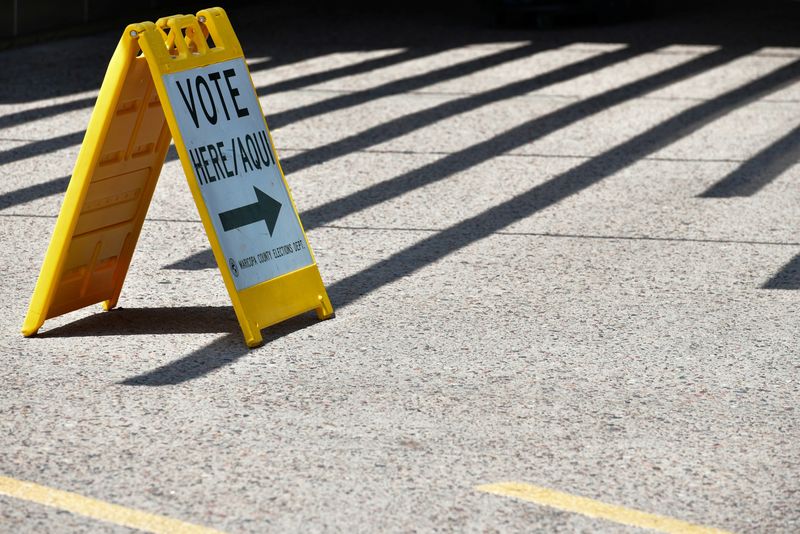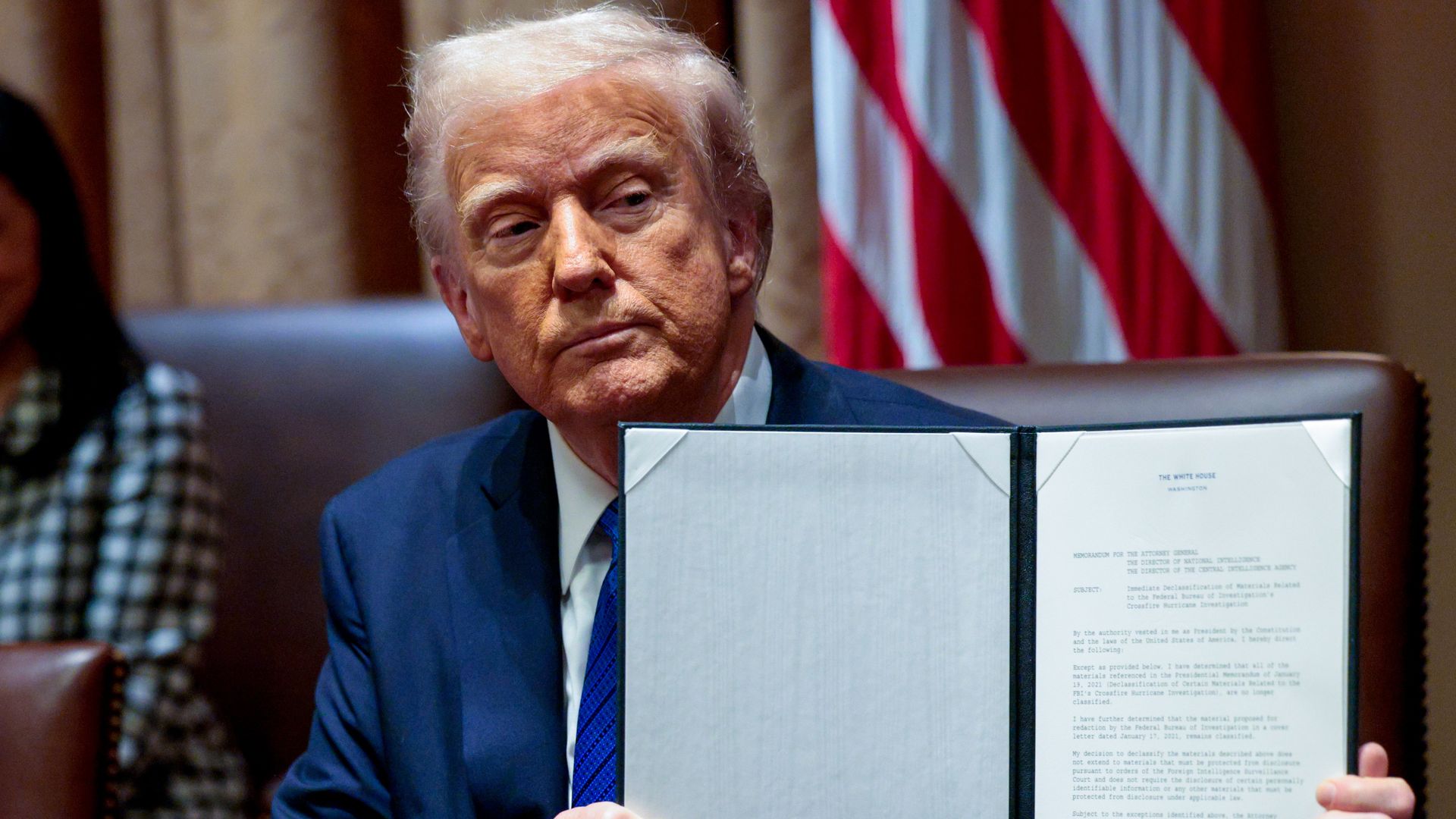US Supreme Court partly revives Arizona’s proof of citizenship voter law

In response to the Republican National Committee’s and Arizona Republicans’ request, the U.S. Supreme Court revived a part of Arizona voter law that required documented proof of U.S. Citizenship to register to vote.
In a ruling of 5-4, the justices agreed to reinstate an important provision in the law that had been blocked by a federal court in response to legal challenges brought forth by Democratic President Joe Biden’s administration and advocacy organizations.
The decision was made before the November 5 elections, in which Democratic Vice-President Kamalah Harris will face off against Republican Former President Donald Trump who continues to falsely assert that his defeat in the 2020 election resulted from fraud.
Arizona’s Republican-controlled legislature adopted new restrictions on voter registration in 2022. In order to vote at presidential elections, or to vote by mail for any federal election, applicants must submit proof of U.S. Citizenship when submitting a federal registration.
|
The restrictions on voter registration are even more severe for those who register using a state-created separate form. State applications are rejected if they do not include proof of U.S. Citizenship. Officials who fail to provide this proof face minor felony charges.
The Supreme Court’s decision revived restrictions related to state voter registration forms, but left intact a court ruling that blocked a provision aimed at tightening limits on the federal form.
Chief Justice John Roberts sided with Brett Kavanaugh and fellow conservative Justices Clarence Thomas and Neil Gorsuch in granting Republicans’ request, even though Thomas, Alito, and Gorsuch had indicated that they would have granted their entire request.
The liberal justices Sonia Sotomayor and Elena Kagan, as well as the conservative Justice Amy Coney Barrett would have refused to grant the request.
In March 2022, Republican Governor Doug Ducey said that the legislation balanced accessibility to voting with election security.
Ducey stated that “election integrity” means counting all legal votes and preventing any attempt to cast an illegal vote.
In July 2022 the Biden administration filed a lawsuit to block Arizona’s law, claiming that it was superseded a federal law passed in 1993 called the National Voter Registration Act. The law states that the state must register voters to vote in federal elections once they have submitted a federal registration form. This federal registration form requires a declaration under penalty of perjury of U.S. citizenship, but does not require documentary proof.
Separate legal challenges argued that Arizona’s law violated an agreement approved by a court in 2018 requiring state officials to register federal election voters without proof of U.S. Citizenship, whether they used the federal or the state form.
The Republican National Committee, Arizona’s top Republican legislators and the Republican National Committee intervened in order to defend this law.
In September 2023, U.S. District Court Judge Susan Bolton of Phoenix sided with the Biden Administration and other plaintiffs who challenged Arizona’s citizenship proof requirements. She prevented the state from denying federal-form voters their right to vote for president, voting by mail or rejecting state forms for lack of citizenship documentation.
The 9th U.S. Circuit Court of Appeals in San Francisco, a three-judge panel, declined to stop Bolton’s ruling. Circuit Court of Appeals, which reviewed the case and considered its merits, declined to stop Bolton’s decision. The Republican National Committee, along with Arizona Republicans, filed an urgent Supreme Court petition in response.
Arizona’s Attorney General and Secretary of State, both Democrats in Arizona, have opposed the Republicans’ request for the justices.
Arizona has been at the forefront of the U.S. fight over voting rights. It is expected to be among the most competitive States in the November elections.
The Republican review of the 2020 presidential elections, which has been widely criticized, found that there was no evidence to suggest that Biden’s narrow win over Trump was marred by irregularities.
Arizona passed a law requiring that new voters provide proof of citizenship in 2005. However, the U.S. Supreme Court decided in 2013 that Arizona could not enforce this requirement on those who registered using a federal form. Since then, Arizona has only allowed these voters to vote in federal elections and not local or state races.
According to data from the state, Arizona had registered more than 42,000 voters who were “federal only”, as of July 1.
The Republican-controlled U.S. House of Representatives earlier this year passed a similar bill requiring proof of citizenship to register to vote in elections, but it went nowhere in the Democratic-majority U.S. Senate.









No Comments